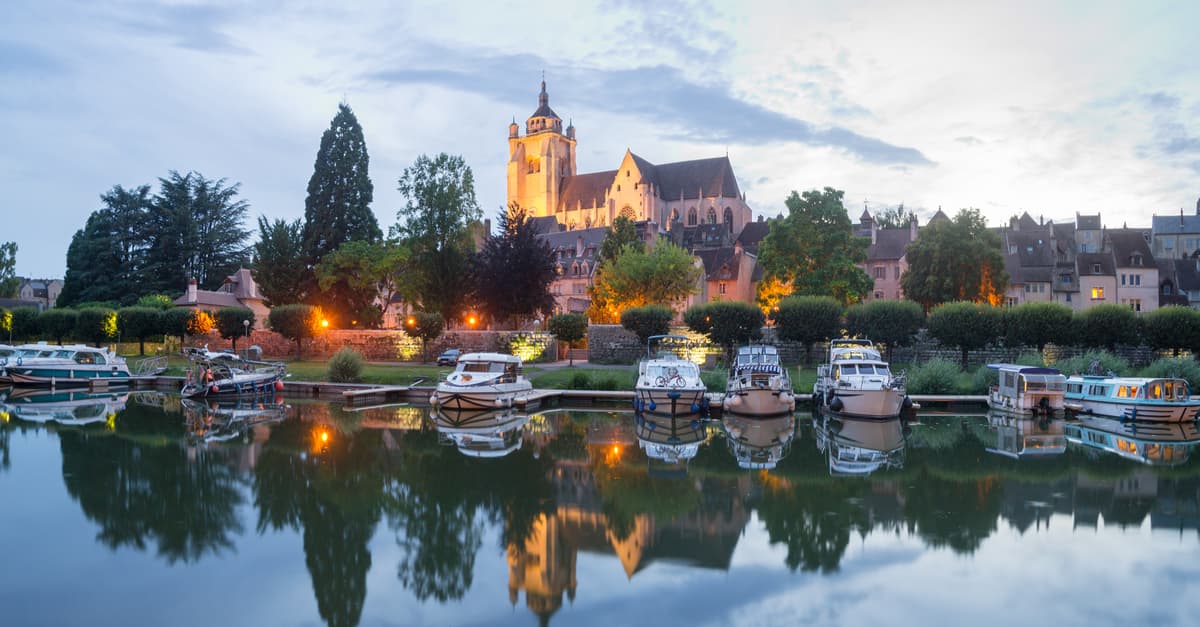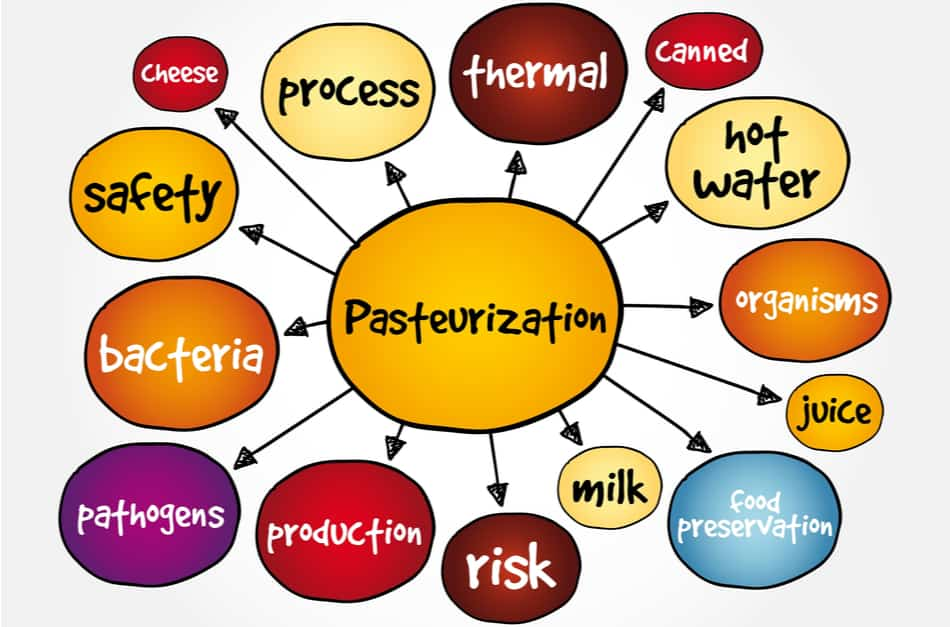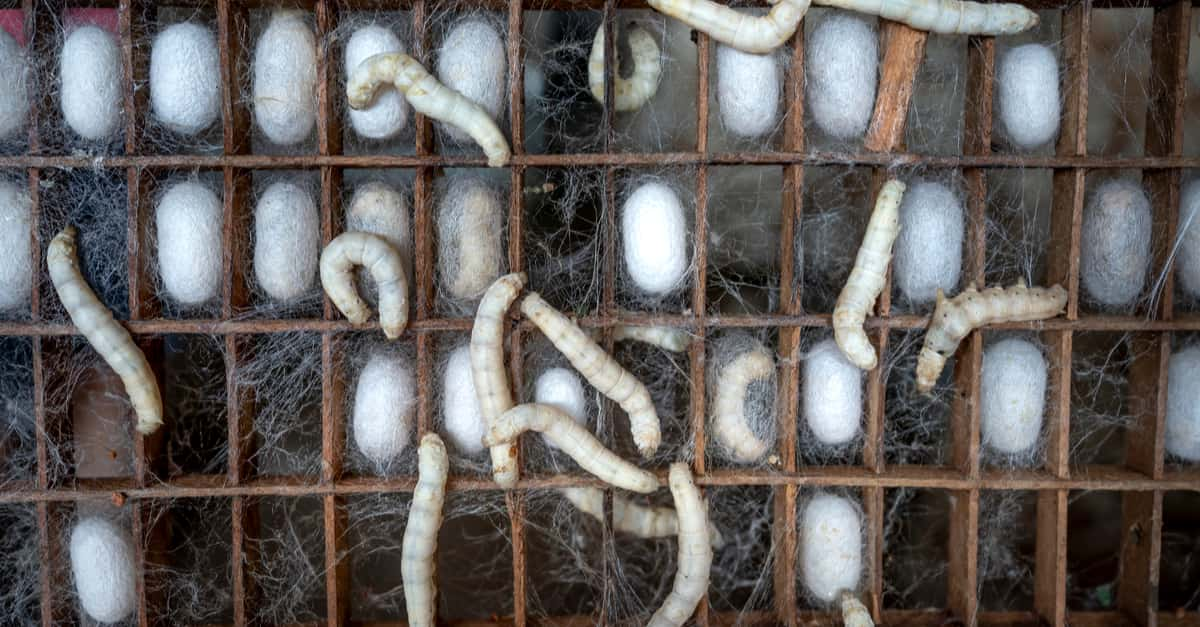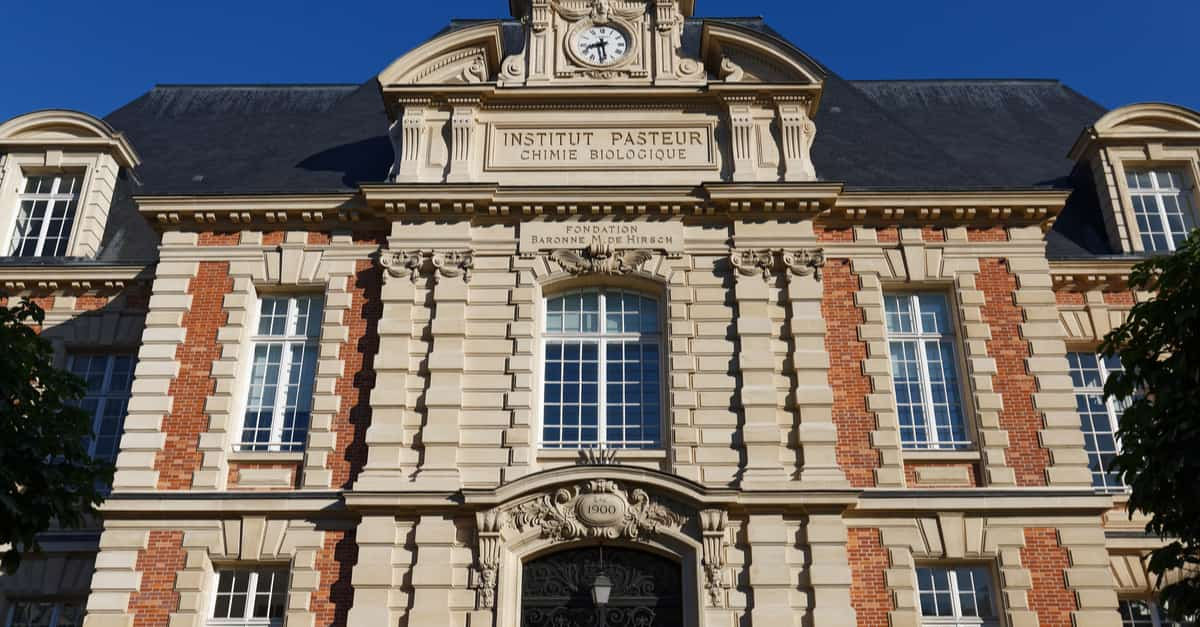Early Life and Education

Born in France in 1822, Louis Pasteur did not have the advantages of belonging to a wealthy or highly educated family. His father was a tanner, and they were a poor Catholic family. He attended the local school where he enjoyed singing, drawing, and fishing but was not a particularly academic student. He continued in secondary education, and afterward, he attended college, where he studied philosophy. He became interested in science and studied while he worked as a tutor. Even then, he was not particularly successful and failed some of his examinations. He took on many courses and attended classes and lectures given by the brilliant chemist Jean-Baptiste Dumas at the Sorbonne.
In 1843, Louis Pasteur began studying with the Ecole Normale Superieure, where he received a degree in science. He was chosen as a professor of physics and then went to work with Antoine Jerome Balard as a laboratory researcher. This gave him the opportunity to research and experiment, leading to the first of many published papers and theses. His academic career continued with positions as professor of physics and professor of chemistry.
In 1849, Louis Pasteur married Marie Laurent. They worked together and had five children, although sadly lost three of them to typhoid. It is believed that these tragic losses motivated Louis Pasteur and his wife in their work to understand and cure disease.
The Achievements of Louis Pasteur

The foundation for many of the discoveries and developments that Louis Pasteur was involved in lay in disproving the fundamental belief that microbes simply appeared from nowhere, a process known as spontaneous generation. Pasteur was the first scientist to demonstrate that microbes did not suddenly appear in a sterile, sealed environment. This might seem obvious to modern minds, but by comparing this to open environments where microbes could take hold and develop, he changed how the world viewed microbes. He was awarded a major prize for this work, and it led to more research on germ theory. Louis Pasteur was instrumental in proving that germs caused disease, and therefore stopping germs could prevent or cure disease.
- Pasteurization – One of the main reasons why we all know the name Louis Pasteur is his development of the pasteurization process that bears his name. This process involves killing bacteria in liquids such as milk and wine by heating them. This led to safer drinks with fewer cases of infection and is a process still used today.
- Fermentation – Pasteur investigated the process of fermentation, disproving the theory that fermentation was the result of decomposition and replacing this outdated theory with research that proved that fermentation actually relied on yeast. This led to his description of what became known as the Pasteur Effect – the phenomenon by which increased oxygen inhibits the fermentation process and increases yeast growth.
- Vaccines – Pasteur investigated diseases and the possibility of provoking an immune response in a person by giving them a weak form of the disease so that their body would recognize a disease and have the necessary resources to fight it. His work on the disease anthrax furthered the understanding of diseases and vaccines and led to him developing a vaccine for rabies which he administered in 1885.
Other Discoveries

Hygiene

Controversy
Death and Legacy

